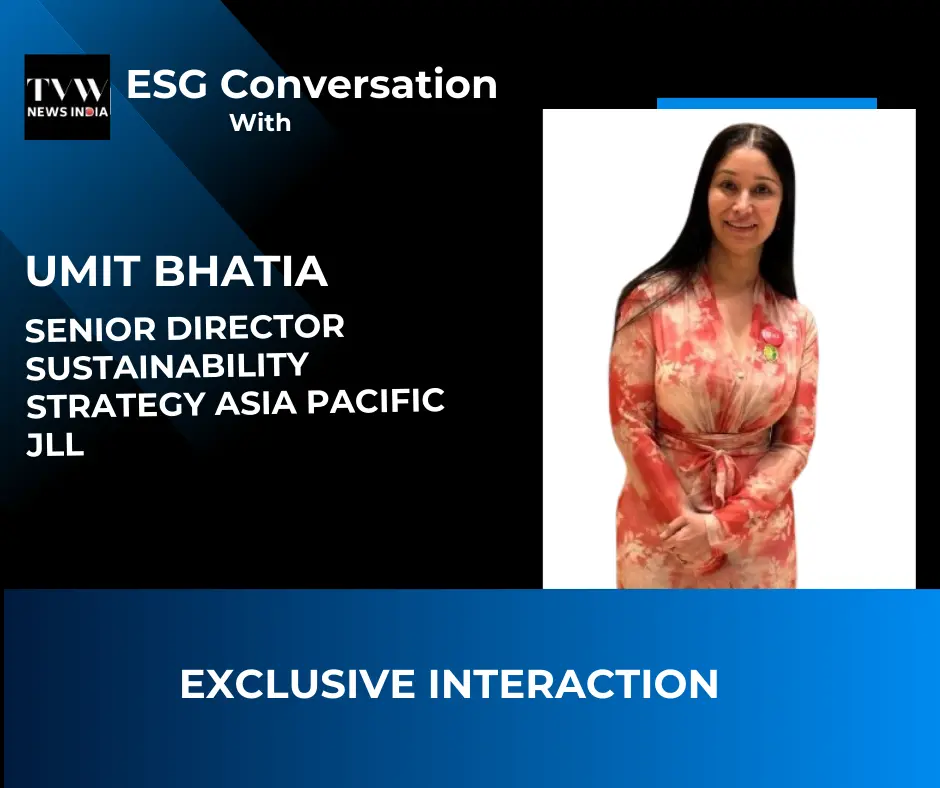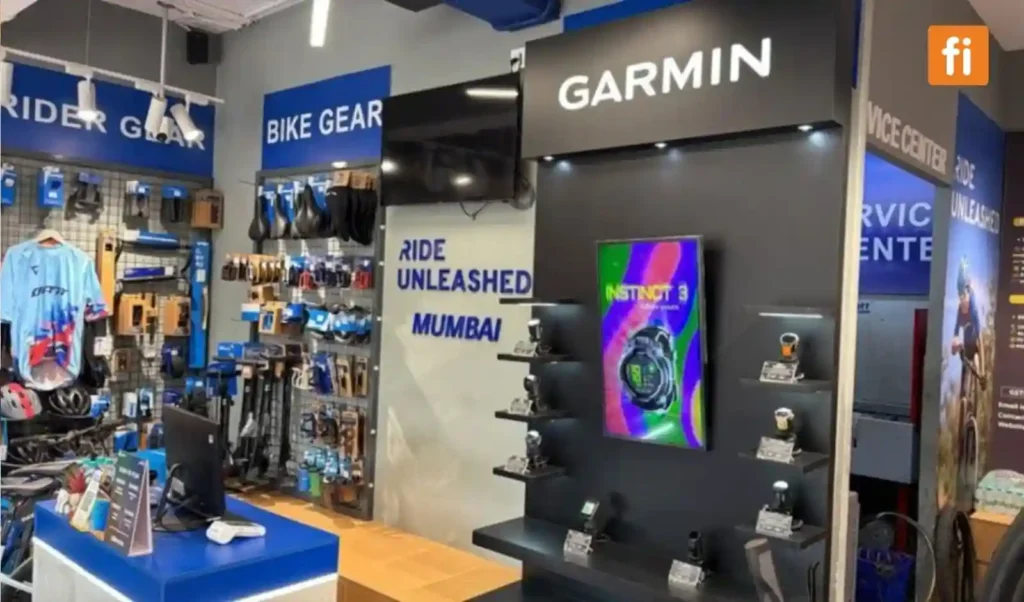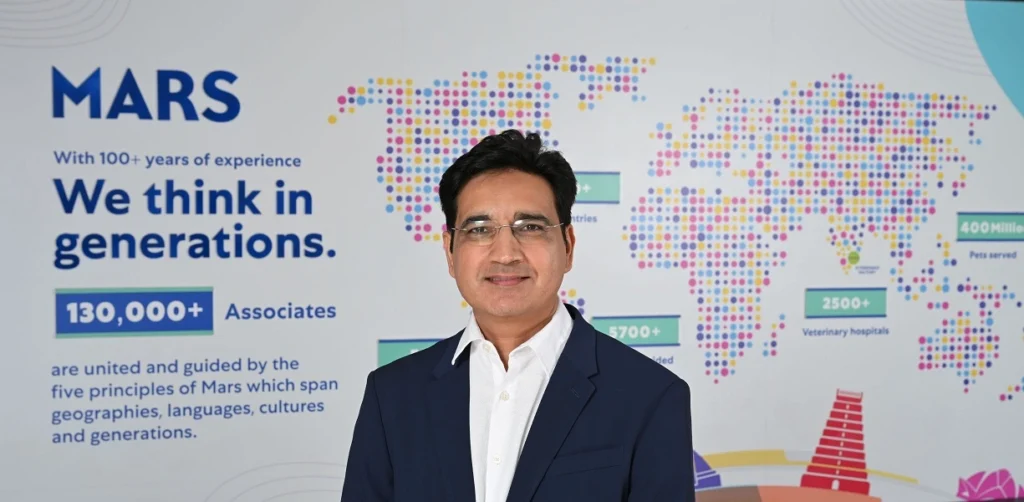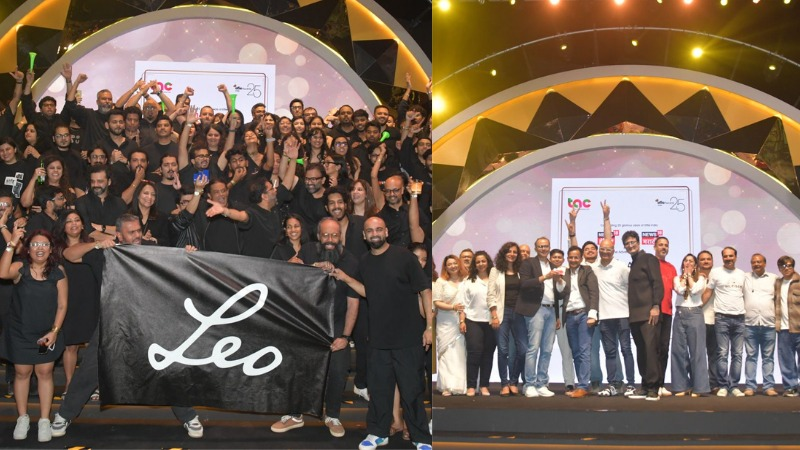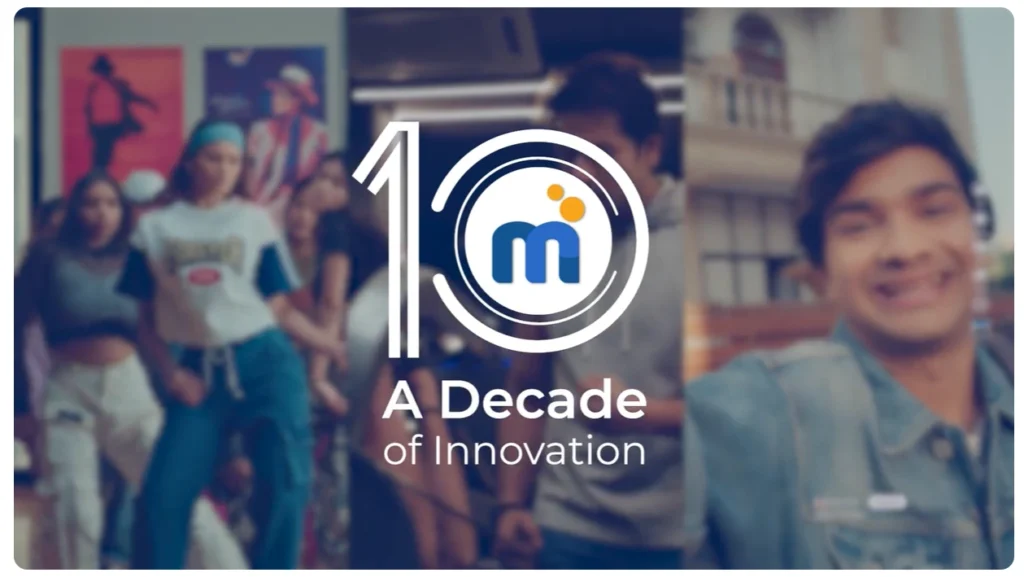In our recent interview with Umit Bhatia, Senior Director of Sustainability Strategy for Asia Pacific at JLL, we delved into her extensive experience in steering large-scale business transformations, particularly within the BFSI and IT-ITES industries. Umit shared insights on integrating sustainability into these sectors, emphasizing the importance of responsible practices that minimize environmental impact, promote social responsibility, and ensure good governance. Her approach includes stakeholder engagement, investment in sustainability technologies, establishing governance frameworks, and regular audits and certifications. Umit also highlighted the significance of customized strategies for specific industry needs, such as green financing in BFSI and ESG integration into risk management. Her unique career path, spanning risk management, compliance, and business intelligence, has equipped her to drive effective sustainability initiatives, creating resilient and strategically aligned sustainability strategies for clients globally.
Let’s deep dive into this insightful discussion below.
With your extensive experience in driving large-scale business transformations, particularly in the BFSI & IT-ITES industries, how do you approach integrating sustainability into these sectors?
Integrating sustainability in the BFSI & IT-ITES sectors necessitates the involvement of adopting responsible practices and strategies that result into minimizing environmental impact, promotes social responsibility, and ensures good governance. Many strategies can be applied to both industries, such as –
- Engaging stakeholders to understand their expectations and incorporate their feedback into sustainability strategies
- Investment in Sustainability technologies and solutions,
- Establishing governance frameworks and driving them with a top-down approach,
- Reporting regularly on sustainability metrics using appropriate frameworks,
- Performing regular periodic third-party audits and certifications,
- Transition to renewable energy sources and enhancing energy efficiency, and
- Establishing a sustainable supply chain framework that works on reducing scope 3 environmental impact.
It is important that organizations seek external support of credible consultancy firms to advise on the most suitable strategy and support implementation of the same. Some additional strategies may be tailored in line with specific product proposition of each organization. For example, developing and promoting green financing products/projects is specific to the BFSI industry. Additionally, integrating ESG into lending and investment decisions could be specific to a BFSI industry. Furthermore, while risk management should be an industry agnostic default practice, but the risks weigh harder on the banking sector than on most other companies and therefore integrating ESG into risk management for BFSI industry is pivotal.
Could you share a significant milestone in your career that greatly influenced your perspective on sustainability and business transformation?
In 2015, countries came together in Paris to adopt a new agreement and a new collective approach to combat climate change. This was a significant move and I still remember how deeply I was moved by it. Since I was working with a Bank at that point in time, I started following discussions around climate related risks and the risks that climate change poses to economic development more closely, especially to the financial sector. The idea of the need to transition to a low-carbon resilient economy, as a means of managing climate related risks, could result into major risks for the broader financial system changed my thought process. I started thinking on the lines of what factually needs to change in terms of processes and decision-making within financial institutions.
How do you leverage your diverse career path, spanning areas such as risk management, compliance, and business intelligence, to drive sustainability initiatives effectively?
Like they say, no experience is ever wasted. I consider myself fortunate to have worked for the NatWest Group. My stint with them prior to my current job lasted for 17 years and it got me an organic exposure and knowledge across 2 key business entities of the bank – Retail and Commercial Banking, and Business Services. Combined knowledge of risk management, compliance adherence, and business intelligence has taught me to create and apply a comprehensive view of sustainability risks and opportunities, enabling more effective adaptation and mitigation strategies for my clients across the globe in my current role at JLL. By leveraging this experience, I am able to curate sustainability strategies that are resilient, compliant, and strategically aligned with broader business goals of an organization.
In what ways do you see digitization and automation playing a role in fostering sustainability, particularly in customer-focused transformations?
Combating climate change and digital transformation are the two significant paradigm shifts of our era. Digitalization and transformation have immense potential to accelerate climate action and foster sustainability. For example, in customer focused transformations, the real time feedback collection can result into more sustainable product designs and customer centric innovations and enhance customer satisfaction and engagement. Digital platforms facilitate data driven decision making, enhance resource efficiency, reduce energy consumption, optimize supply chain, reduce emissions, and the list can go on and on. However, we need to be mindful of the transition risk and have the right processes, policies, and controls in place to ensure that we don’t end up creating a new problem statement in our attempt to solve the current problem.
Balancing your professional responsibilities with your passion for Hindustani Classical music, how do you find synergies between your personal interests and your work in sustainability?
Driving synergies between personal interests and work involves integrating what you love with your professional responsibilities. For me, I have intentionally kept the 2 separate. At some point in time, we always have an opportunity to convert our passion into our work. I have had several such opportunities too, but I made a conscious choice to keep it as my passion. I still practice (Riyaz) every day without fail but record and perform at my own pace and choice. We all have an artistic/ creative bent of mind, it is just about identifying it and honing it either with an intent to make it your profession or just leave it as a personal fulfillment. By maintaining a clear boundary between passion and profession, I enjoy a more balanced life. I feel when passion is not tied to financial necessity, it allows for greater creative freedom.
Looking ahead, what do you envision as the next big trends or challenges in the realm of ESG and sustainability, especially in the Asia-Pacific region?
Like I said, ESG and Sustainability is a big highlight of our era, and this momentum is here to stay for a long time. Infact 2024 may prove to be a watershed year. Regulatory and policy developments with political cohesion, emphasized focus on reducing Scope 3 GHG emissions by mapping value chain, generative AI based technological interventions, enhanced adoption of circular economy principles, and greater integration of ESG criteria in investment decision making by investors are some of the trends that I envisage. However, lack of state government intervention with the right intent and urgency can slow down the momentum. Furthermore, an organization’s economic potential can turn out to be a big constraint too.
Note: We are also on WhatsApp, LinkedIn, and YouTube, to get the latest news updates, Join our Channels. WhatsApp– Click here, and for LinkedIn– Click Here.


